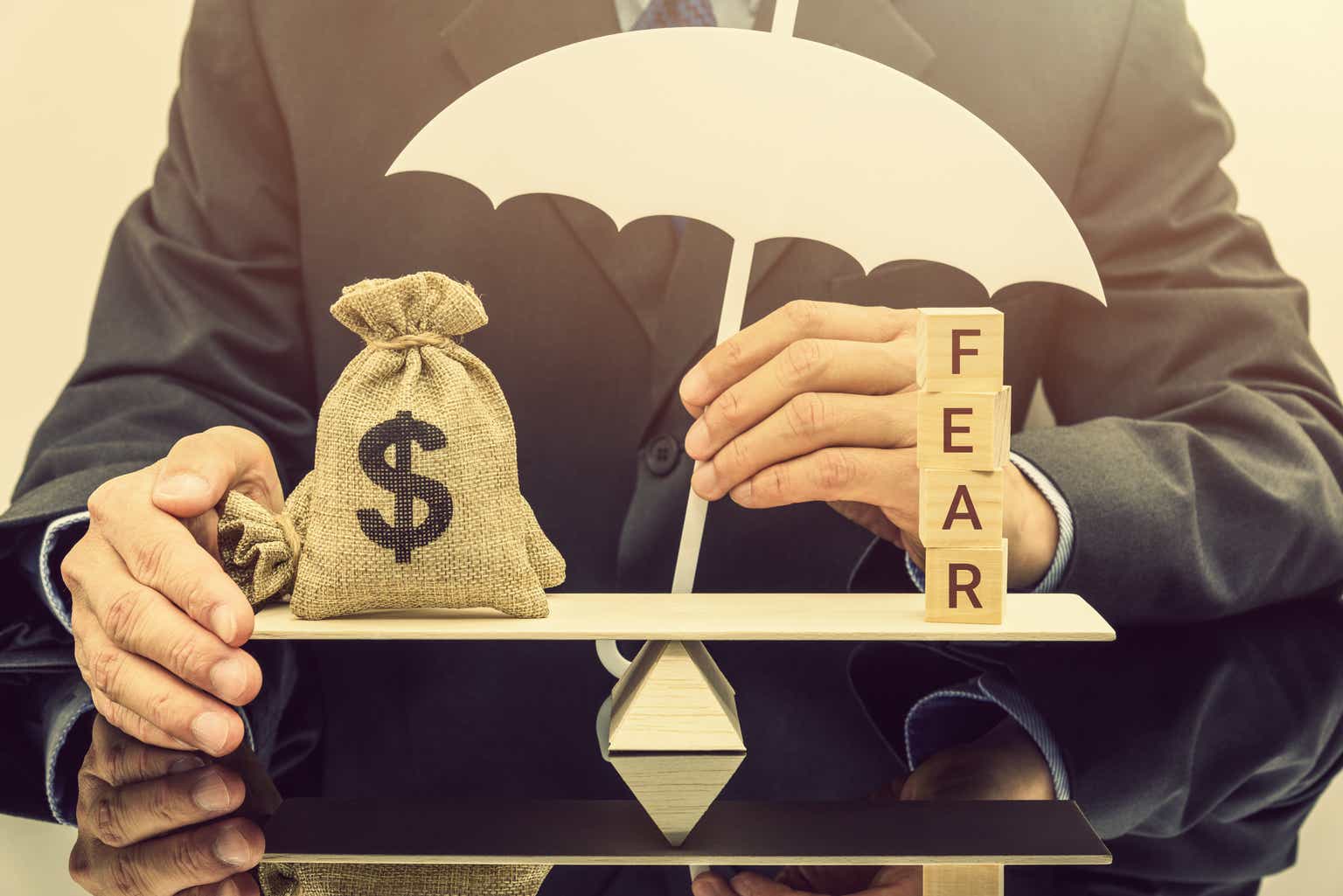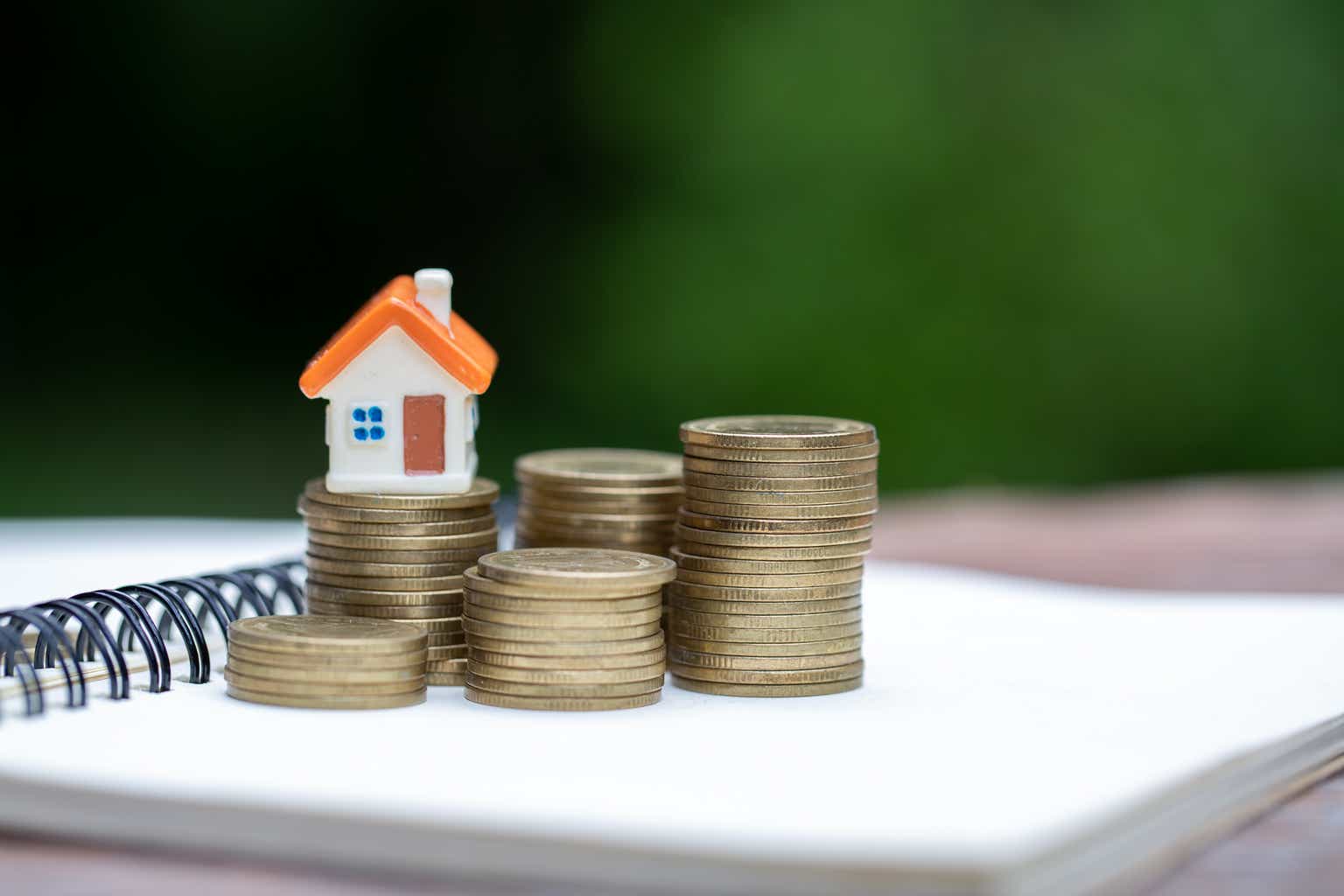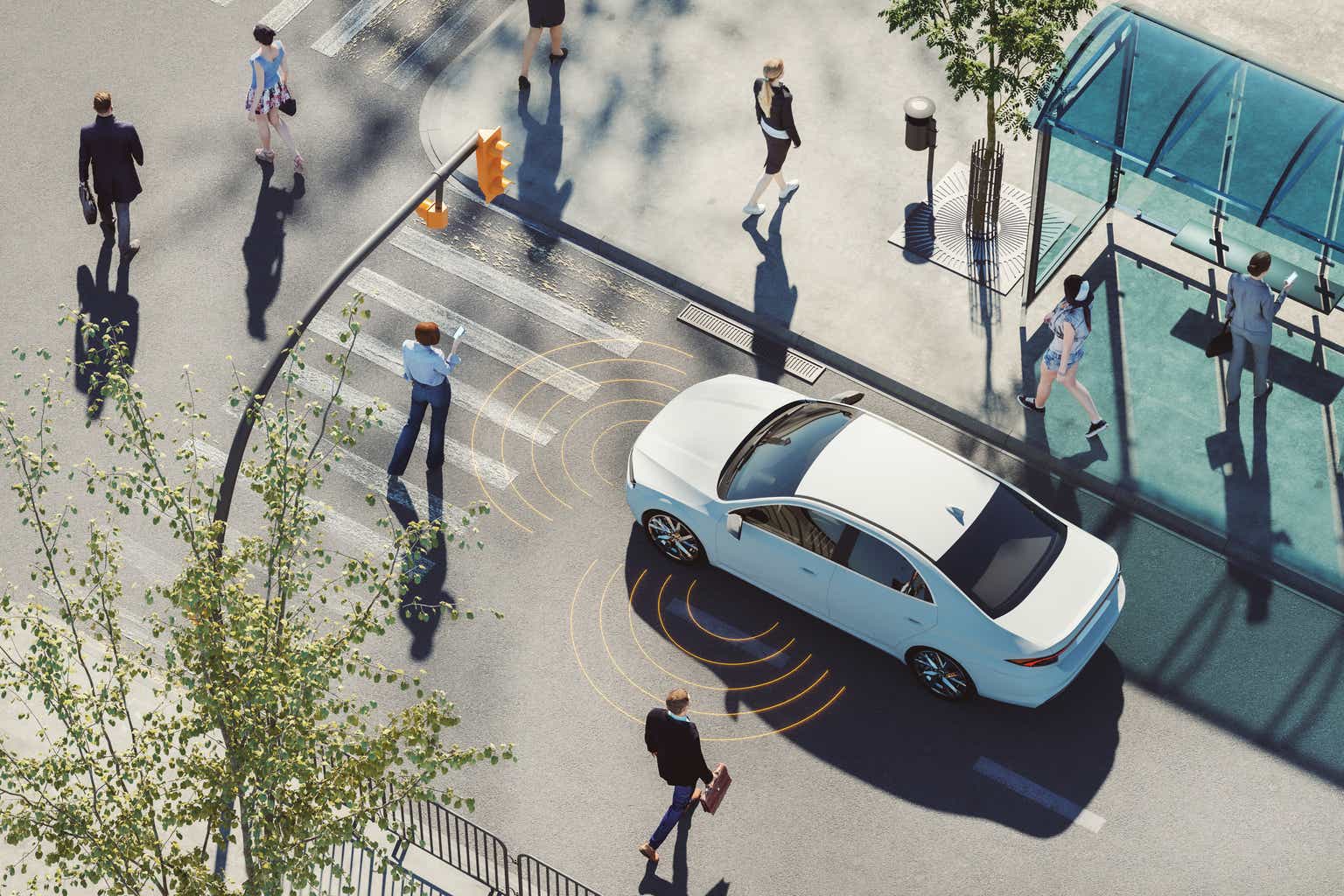Big Tech's TikTok choice: Trump? Or the law?
Here's a 2025 conundrum for Apple, Google, and Oracle when it comes to TikTok: Do they follow the President Trump's orders? Or do they follow the law?
twomeows/Getty, Tyler Le/BI
- On Sunday, TikTok and some US tech companies ignored a TikTok ban law at the urging of Donald Trump.
- Trump wasn't president at the time. Once he became president, he signed an order that's supposed to put the law on hold.
- Does Trump have that power? It's unclear. That's a problem for tech companies.
Here's a 2025 conundrum for Big Tech companies: Do they follow the president's orders? Or do they follow the law?
That's what the likes of Apple, Google, and Oracle are grappling with following a chaotic weekend that saw TikTok voluntarily shut itself down in the US, then re-start less than a day later, claiming that "President Trump" said it was OK to do so.
A couple problems with that argument: Donald Trump wasn't president of the United States this weekend — Joe Biden was still in the White House. And yes: Trump immediately signed an executive order after he once again became president on Monday, telling TikTok and other tech companies to ignore a law that says TikTok can't operate in the US while it's owned by a Chinese company. But it's far from clear how much weight Trump's order holds.
So in the very near term, attorneys and executives at tech companies need to decide if they're willing to take Trump's word, or if they need additional assurances.
At the moment, it looks like Oracle, controlled by Trump backer Larry Ellison, is going with Trump's assurances, and is providing cloud services that are keeping TikTok running in the US. Apple and Google, which used to distribute TikTok via their app stores, don't seem convinced: TikTok disappeared from their stores on Sunday and has yet to return. That means US users can have all the TikTok they want, but it prevents TikTok from updating the app for maintenance and repairs — something that could eventually cause problems over time. (I've asked Oracle for comment; Google declined to comment and Apple didn't respond to requests for comment.)
One possible out for Google and Apple: Trump has ordered his attorney general, who seems likely to be Pam Bondi, to send letters to Apple, Google, and other providers giving them the all clear to ignore the law. But Bondi isn't attorney general yet, and even when Apple et al get that letter, it's not clear if it will be enough to satisfy them.
I'm not going to get into the weeds about the nature of executive orders vs. laws — or whether Trump's claim that he can at least temporarily override a law because of national security concerns would hold up in court. Suffice it to say that there isn't any clarity about any of this: Even Trump allies like Sen. Tom Cotton and Speaker Mike Johnson have put out statements that seem to conflict with Trump's statements.
The point is that no one can say, with a straight face, that they have 100% confidence about whether a law, passed overwhelmingly by Congress last year and upheld by a unanimous Supreme Court decision last week, is binding. That's an astonishing place for us to be.
It's also not one that we can pin completely on Trump. In his last days in office, Biden also said he wouldn't enforce the law he signed last year — though he did it via anonymous officials speaking to reporters, and eventually his press secretary, and not via an official order. At the same time, some Democrats who voted for the bill last spring, like Senate Minority Leader Chuck Schumer, spent the past few days arguing that the sell-or-ban law they approved should be delayed.
But Trump is taking the uncertainty and super-charging it: In social media statements and a press conference he held Monday, he seemed to suggest that the US government itself might end up owning TikTok. Or that maybe it would be American companies that own half the operation. He also argued that TikTok's Chinese ownership really doesn't matter, since the US already uses lots of other stuff made in China, like "telephones." And that even if China is snooping on US users, that probably also doesn't matter because TikTok is mostly used by kids, and, "If China's going to get information about young kids … I dunno. To be honest, I think we have bigger problems than them."
It's worth watching all three minutes of this White House press conference clip, just to get a sense of how off-the-cuff Trump seems to be treating the whole thing. Imagine running a trillion-dollar company and being forced to decipher this:
@dailymail President Donald Trump shared his views on TikTok as he signed executive orders in the Oval Office on inauguration day. #news #tiktokban #trump #donaldtrump ♬ original sound - Daily Mail
We have been here before, of course. America and the rest of the world spent much of the first Trump administration trying to figure out if Trump really meant what he was saying, or if he could actually act on what he was saying, and whether he'd change his mind a little while later.
One big difference this time around: Tech executives, along with many other US leaders, are scrambling to tell Trump how supportive they are of his presidency this time. But it's one thing to praise Trump, or cut him a check, or to be conspicuously on-camera during his inauguration. Trusting that his say-so is good enough to get you out of trouble for violating a law — if that's what actually happens — is brand-new ground.
What's Your Reaction?





























